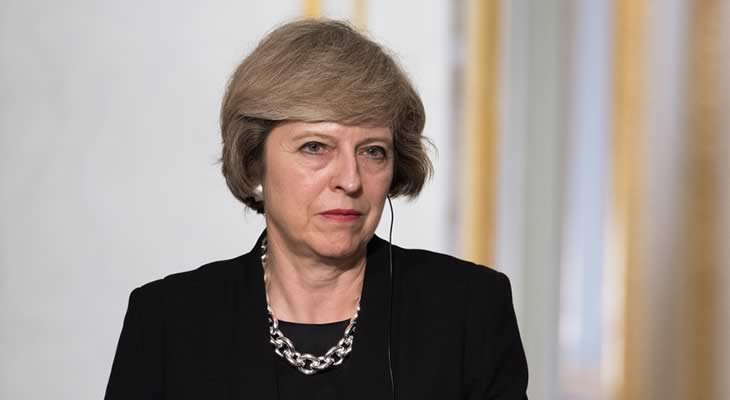Pound to Euro Exchange Rate Selloff Continues as UK Political Fears Rise
The Pound Sterling to Euro (GBP/EUR) exchange rate appears on track to close another week of significant losses, as the Pound (GBP) continues to be sold amid rising Brexit and UK political fears. The Euro (EUR) is benefitting from hopes for a resilient Eurozone economy.
Last week, GBP/EUR saw almost two cents worth of losses and the pair has shed a further cent this week as well.
After opening on Monday at the level of 1.1570, GBP/EUR tumbled and at the time of writing the pair was trending close to a low of 1.1432. This was the worst level for GBP/EUR since February, almost three months ago.
The primary cause of the Pound to Euro exchange rate’s losses this week was broad weakness in the Pound, as concerns about the stability of UK politics have worsened throughout the week.
Pound (GBP) Exchange Rates Slump as Soft Brexit Hopes Fade
As recently as two weeks ago, markets had been more optimistic about the possibility that the UK could leave the EU with a soft Brexit.
However, those hopes have since been unravelling, as cross-party stagnate with no conclusion in sight, and the EU elections approach.
Yesterday, UK Prime Minister Theresa May said that she would begin the process of stepping down in June, even if her Brexit deal fails to pass through Parliament for a fourth time.
As analysts broadly expect the deal will be blocked again, the Pound outlook is now filled with concerns that there will be no Brexit progress any time soon, and that Prime Minister May could be replaced by a leader that supports a harder Brexit.
According to Jasper Lawler from London Capital Group:
‘Given the Tories sharp losses in the polls and the Brexit party’s dominance in polling for European elections, a hard-line Brexiteer Prime Minister is becoming more likely.’
Euro (EUR) Exchange Rates Resilient on Hopes for Eurozone Economic Strength
Demand for the Euro has been mixed in recent weeks, as despite some better than expected economic data from the Eurozone investors remain anxious about the bloc’s economic outlook.
This week’s better than expected Eurozone data has included French unemployment and inflation, as well as the Eurozone’s overall employment change data and the bloc’s latest industrial production figures.
While investors have become a little more confident about the Eurozone’s resilience though, it has not translated to higher European Central Bank (ECB) interest rate hike bets.
ECB officials said yesterday that the Eurozone’s services sector has been strong, but this would take longer to influence the bloc’s inflation rate. According to ECB Board Member Benoit Coeure:
‘Services deepening implies that monetary policy takes more time to be transmitted to inflation, but its effectiveness has not diminished,
The effects of monetary policy take longer to pass through the economy but they have not become less powerful.’
As a result, the Euro’s gains have been gradual but the currency is fairly resilient.
Pound to Euro (GBP/EUR) Exchange Rate Investors Await EU Elections
Investors are unlikely to have much reason to buy the Pound to Euro (GBP/EUR) exchange rate again any time soon, unless the Euro slumps, as next week will see markets focus on the EU elections.
On the 23rd of May, the EU will hold votes for the elections of MEPs (Members of European Parliament), and despite the Brexit process, Britain will be taking part.
The EU elections are making Pound investors anxious though, as the populist Brexit party is predicted to perform extremely well and deliver a crushing blow to the ruling Conservative Party.
Pound traders are anxious that this could make it easier for a hard Brexit-supporting leader to take over from Prime Minister May once she steps down.
With the Pound outlook likely to remain under pressure from political fears, GBP/EUR is more likely to be moved by next week’s upcoming Eurozone data.
All the most influential data will come in on Thursday, including Germany’s final Q1 growth stats, as well as Markit’s May PMI projections.
These could give markets a better idea of how the Eurozone economy is currently performing and could prove highly influential to the Pound to Euro (GBP/EUR) exchange rate.


Comments are closed.